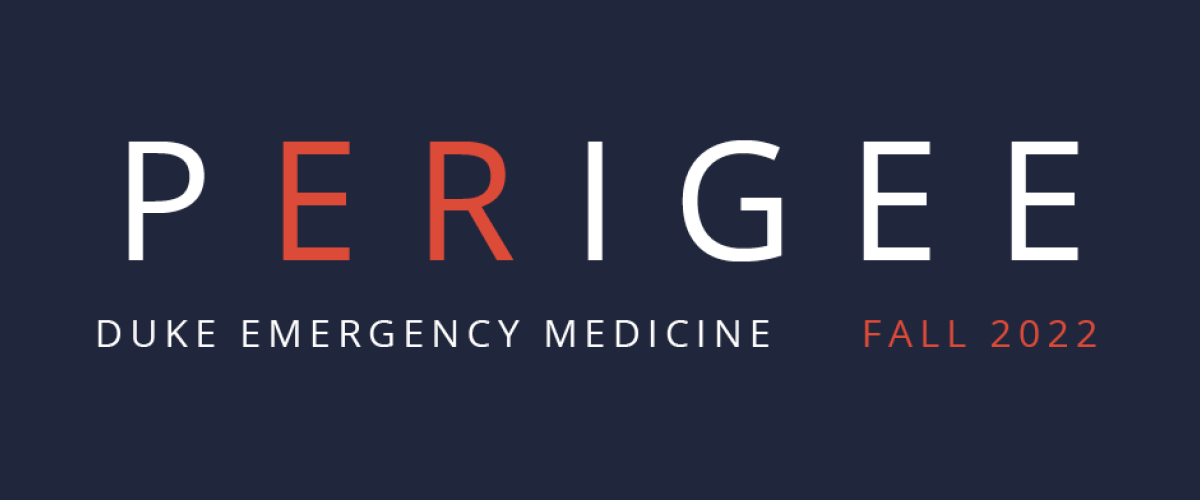
Message from the Chair
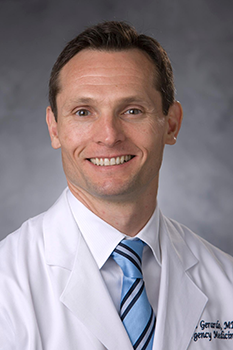
Interim Chair, Department of Emergency Medicine
Dear Colleagues and Friends in the Community,
On July 1, 2022, Duke University Emergency Medicine was elevated from Division to Department status in Duke’s School of Medicine. This achievement reflects the growth and progress of our department, and is an important milestone in the history of Duke Emergency Medicine (Duke EM).
Our department serves as a vital entryway to the Duke University Health System, and I am grateful to work alongside teams of committed professionals in service of others. Our dedication to delivering high quality, equitable care to our diverse patient population and communities demonstrates our values of “care for all, when needed most.”
In every aspect of our mission, we place the patient at the center of all we do. Yet, our role in serving the community is more than just reactive to a single patient encounter.
As researchers, we proactively investigate the science of emergency medicine, using a broad set of research tools—basic, translational, data and implementation science, clinical trials, and mixed-methods, to name a few. We strive to lead in knowledge creation, translation, and innovation for the benefit of people affected by acute care conditions locally and globally. From our own backyards to Brazil, from the Triangle to Tanzania, we are dedicated to finding solutions to the world’s most critical acute care needs.
Duke EM is committed to life-long learning and to the training of tomorrow’s leaders in the specialty. I am immensely proud of the comprehensive educational experiences that our trainees receive across all of our missions. Our graduates are positioned to strengthen emergency medicine care systems through their expertise and collaborative approach. We also boast a broad array of sub-specialty fellowships and contribute our educational effort to scores of student courses in many disciplines.
Beneath all of these missions runs an undercurrent of compassion, respect, and equity that defines the culture of Duke Emergency Medicine. We believe the diversity of our teams and the inclusive nature of our clinical and academic pursuits to be fundamental components of our mission. Looking forward, we remain focused on cultivating healing, caring, and learning environments where all people thrive and are valued.
We thank you for your continued support, interest, and collaboration with Duke Emergency Medicine!
per-i-gee (n.)
the point in the Moon's orbit at which it is nearest to Earth.
Here at Duke EM, we use "perigee" to symbolize the myriad ways in which our faculty, trainees, and staff continuously strive for excellence in all we do.
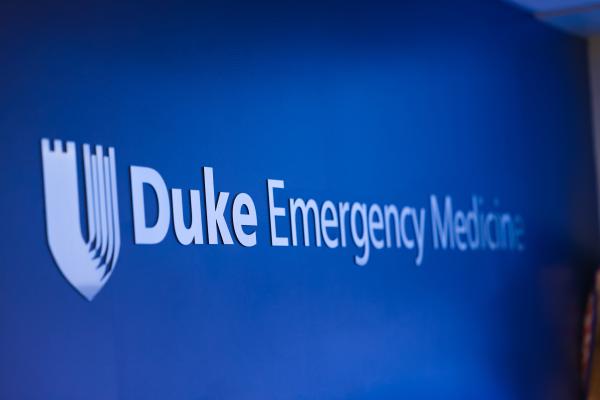
From Division to Department: A History of Duke Emergency Medicine
Explore the important milestones in the development of Duke Emergency Medicine as a premiere academic institution in training the next generation of Emergency Medicine physicians.
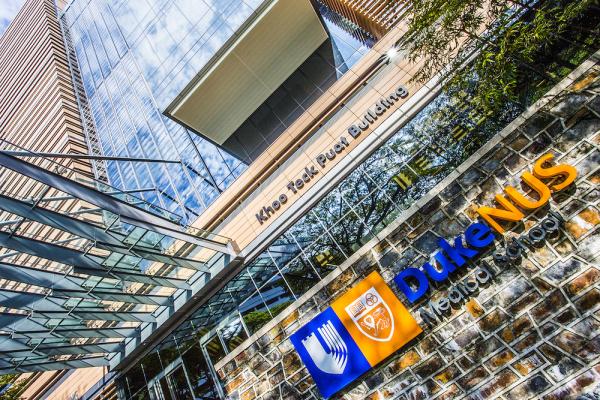
Duke EM Welcomes Marcus Ong as Grand Rounds Speaker
The department’s 2022 Research Showcase featured Marcus Ong, MMBS, MPH, as its Grand Rounds speaker. Through Duke–NUS, Ong has collaborated with Duke EM to study resuscitation, prehospital care, and machine learning.

GEMINI Research Center Established
Learn how the Global Emergency Medicine Innovation and Implementation Research Center (GEMINI) uses research and innovation to answer some of the world’s most critical acute care needs.
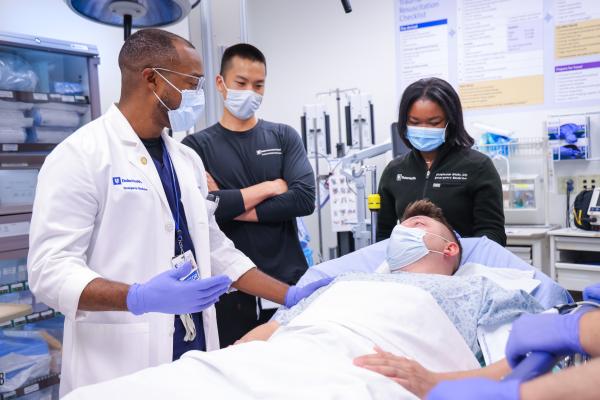
Innovation in Education and Training: the Duke EM Resident Research Fellowship
Practice makes perfect: residents in Duke EM’s novel Resident Research Fellowship complete a two-year research project while continuing clinical training, learning to balance a career of clinical care and research.
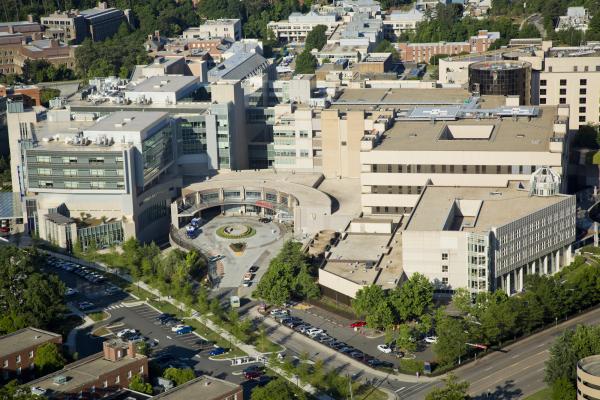
Welcoming our New Trainees
Meet the incoming class of Duke’s EM residency program: 12 students from 8 countries and 4 continents, who will carry forward our mission of inclusive service to our diverse community.
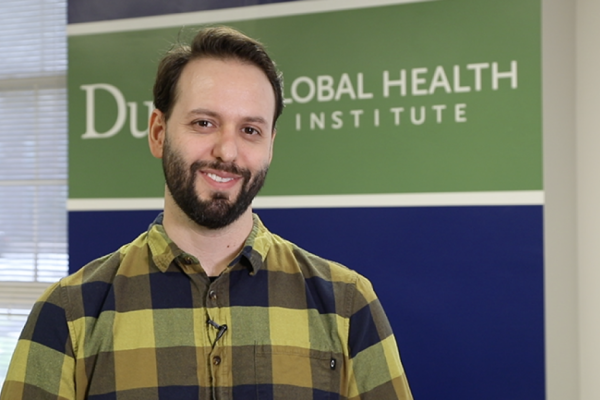
Snakebites and Terabytes: How a Duke Data Scientist is Helping Brazil Get Antivenom Where It's Needed
Despite the effectiveness of antivenom, snakebites remain a deadly threat in many parts of the world. In Brazil’s Amazon, simple geography costs many victims their lives or limbs: by the time they can reach the urban hospitals where treatment is available, it’s too late. Joao Vissoci, PhD, assistant professor of surgery and global health, is using data-driven solutions to determine where antivenom is needed most and to help get it there.
Originally published in Magnify, the Duke School of Medicine magazine.
Give to Duke Emergency Medicine
The Duke Department of Emergency Medicine relies on individual gifts and philanthropic partnerships to help support our clinical, research, and educational missions and to secure funds for the future.
